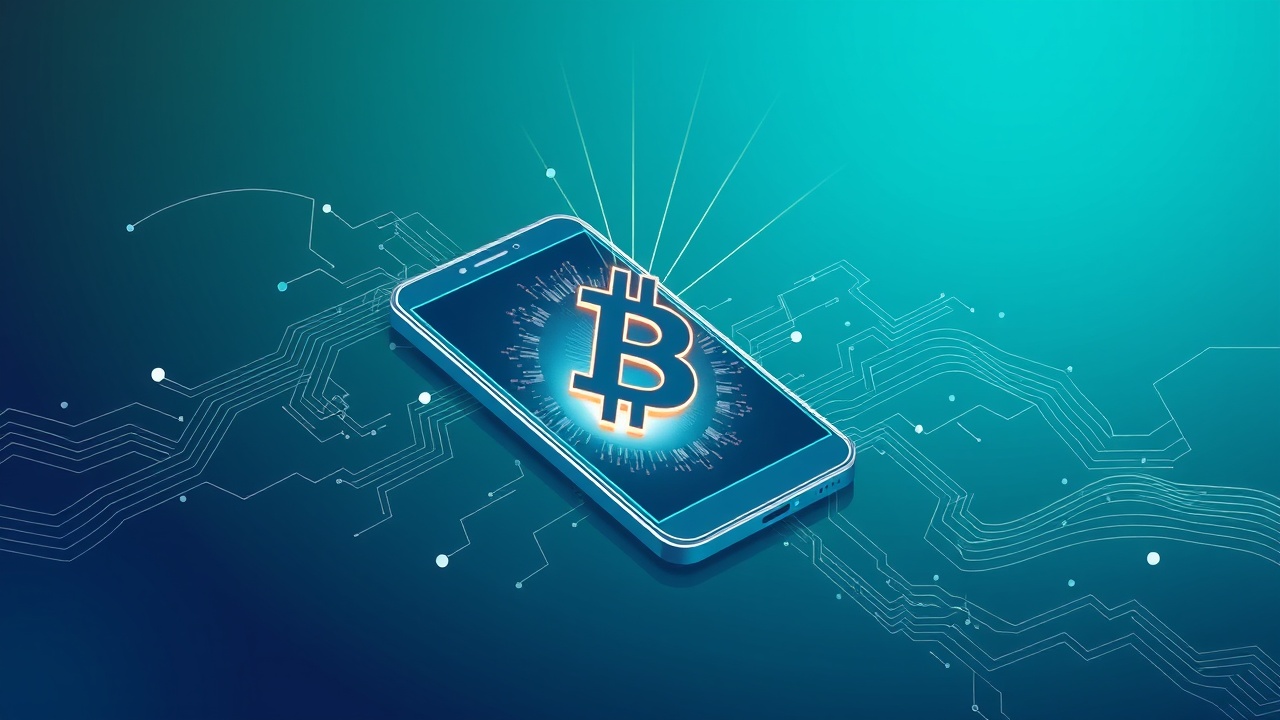StarkWare’s New Development in Bitcoin Verification
StarkWare, the pioneers in zero-knowledge (ZK) technology, have unveiled a new development that allows users to verify Bitcoin transactions directly on mobile devices utilizing their ZK verification method. This innovation is particularly noteworthy because it condenses the entire history of Bitcoin block headers—from its inception to the present—into a succinct proof measuring merely 1 megabyte (MB). In contrast, the complete Bitcoin blockchain exceeds 680 gigabytes.
Enhancing Accessibility and Verification Speed
Abdelhamid Bakhta, StarkWare’s head of ecosystem, shared with Cointelegraph that this breakthrough enables users to verify their Bitcoin transactions in less than 100 milliseconds, thereby enhancing accessibility. The technique is built on the principles of Simplified Payment Verification (SPV), a concept initially introduced by Bitcoin’s creator, Satoshi Nakamoto, which permits lightweight nodes to confirm payments without needing to download the entire blockchain.
Democratizing the Verification Process
This advancement is particularly significant because it democratizes the verification process, allowing users to confirm Bitcoin transactions without the necessity of erecting a full Bitcoin node. Currently, setting up such a node can be financially burdensome, with costs ranging from $300 to $1,000, not to mention the technical expertise required to run them correctly.
The operational requirements for running a Bitcoin node are, comparatively, more manageable than those of many other blockchain platforms, which often demand substantial financial investments for hardware. A typical Bitcoin node can function on standard personal computers, given the Bitcoin protocol’s design, which has accumulated around 680 gigabytes since its launch in 2009.
Maintaining Decentralization
This easy accessibility is crucial in maintaining Bitcoin’s decentralization and supporting its consensus mechanism, which relies on independent individuals running nodes. If costs rise due to hardware constraints, there’s a danger of Bitcoin’s network becoming centralized, dominated by larger service providers with the necessary resources, which would undermine one of Bitcoin’s foundational tenets.
Ongoing Debates and Future Updates
Moreover, there has been an ongoing debate in the Bitcoin community regarding node storage constraints aggravated by non-monetary data inscriptions and ordinals, which contribute to ledger bloat. Critics argue that expanding the data storage requirements jeopardizes the decentralized nature of the network.
In a related development, Bitcoin Core, the primary developers of the software used by around 80% of Bitcoin nodes, is set to release the Bitcoin Core 30 update. This update, expected in October, will eliminate the OP_Return limit that currently restricts the amount of non-monetary data able to be embedded in transactions to 80 bytes, which is often insufficient for larger multimedia content.
This change has already resulted in a substantial increase in users adopting Bitcoin Knots nodes, an alternative node software that offers more customizable parameters for managing OP_Return data. As of 2025, Knots nodes represent nearly 20% of the network, a stark rise from just 1% at the close of 2024.




